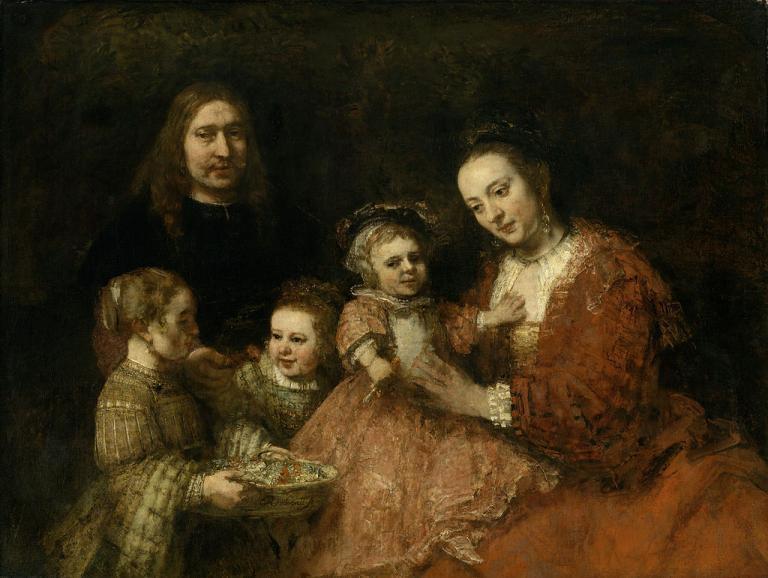
Have you noticed in a bookstore how so many book covers today depict a character’s body but cut off the face? Have you noticed the difference between how people relate to each other online–without seeing each other–as opposed to face-to-face? And how much easier it is to harm someone when you can’t see his or her face?
In surveying the works of Sir Roger Scruton for a recent post, I came across The Face of God (2014). Scruton explores the connection between the Face of God and the faces of human beings, who were created in His image. He shows how, from Adam’s first sin until now, we flee the Face of God. And how we “deface” other people and God’s creation. Conversely, he shows the connection between our personal relationships and our relationship with God.
Here is a summary of Scruton’s book, from the description at Amazon:
Roger Scruton explores the place of God in a disenchanted world. His argument is a response to the atheist culture that is now growing around us, and also a defence of human uniqueness. He rebuts the claim that there is no meaning or purpose in the natural world, and argues that the sacred and the transcendental are ‘real presences’, through which human beings come to know themselves and to find both their freedom and their redemption.
In the human face we find a paradigm of meaning. And from this experience, Scruton argues, we both construct the face of the world, and address the face of God. We find in the face both the proof of our freedom and the mark of self-consciousness. One of the motivations of the atheist culture is to escape from the eye of judgement. You escape from the eye of judgement by blotting out the face: and this, Scruton argues, is the most disturbing aspect of the times in which we live. In his wide-ranging argument Scruton explains the growing sense of destruction that we feel, as the habits of pleasure seeking and consumerism deface the world. His book defends a consecrated world against the habit of desecration, and offers a vision of the religious way of life in a time of trial.
And here is an editorial review:
Developing his 2010 Gifford Lectures at the University of St. Andrews, Scruton examines the view that God is to be understood through one’s communion with fellow humans, and not through philosophical speculation about the ground of being. To this end, he explores the relevant meanings of the terms “I,” “you,” and “why,” in connection with the ideas of the face of a person, the face of the world, and the face of God. His account distinguishes the states of persons from the states of nonpersonal animals in terms of “inter-personal intentionality” that is irreducible to a biological (or other natural scientific) category. One’s familiar personal subjectivity (what it’s like to be a person) resist full explanation by the best natural sciences, but this, according to Scruton, does not challenge its reality. Scruton develops this account with illuminating attention to some classic artworks (the book has 20 illustrations), and the book’s introduction and five chapters are consistently nontechnical and accessible. — P.K. Moser, Loyola University Chicago * CHOICE *
I don’t know what all Scruton does with this, and I probably wouldn’t agree with it all. Scruton is an Anglican and I see some likely theological disagreements. But the notion of “face” as he raises it is fascinating, and I want to read this book.
I can see other aspects that he may or may not get into: The Bible also speaks of God’s “hiding” His face (Psalm 13:1); and our “seeking” God’s face (Psalm 27:8); and the time that will come when we shall see God “face to face” (1 Corinthians 13:12).
How all of this would fit with “Face Book,” I’m not sure, except that social media has become a replacement for actual faces, with all the dysfunction that implies. We certainly hide our faces, try to improve our faces with makeup and plastic surgery, and create false faces for ourselves, in our desperate attempt to be liked by others.
Illustration: A family portrait by Rembrandt [Public domain], via Wikimedia Commons













